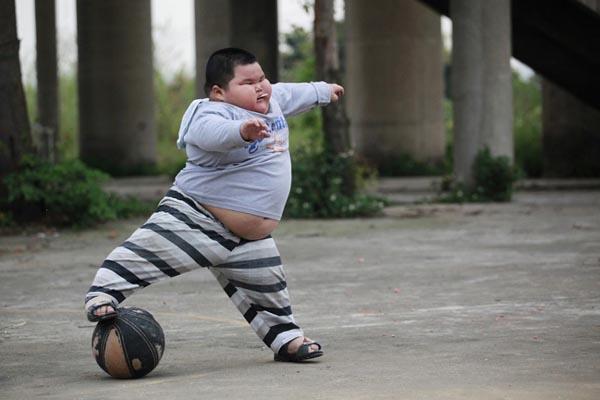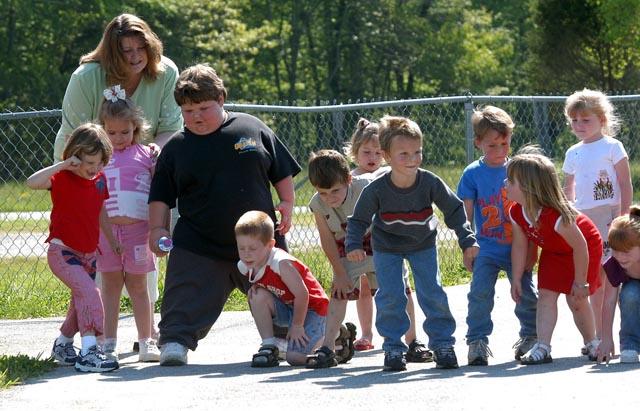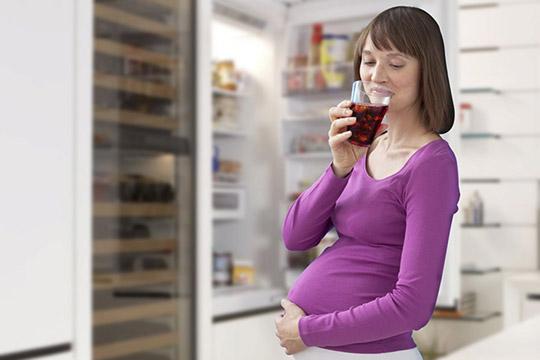You are here
As kids get fatter, fewer parents can tell their children are obese
Sep 06,2014 - Last updated at Sep 06,2014

By Karen Kaplan
Los Angeles Times (MCT)
Researchers have identified a new culprit in the epidemic of childhood obesity: parents who can’t even tell that their pudgy kids are overweight.
A new study in the journal Paediatrics finds that American parents are significantly less likely to make an accurate assessment of their children’s weight compared with parents from an earlier generation. If moms and dads don’t see the problem, they aren’t likely to be part of the solution, the researchers say.
“Crucial to parental involvement in weight reduction or maintenance efforts among children is parental recognition of their child’s overweight status,” the team wrote in the study, which was published Monday. “This recognition and the associated health risks are the main driving force motivating parents to take action.”
The Centres for Disease Control and Prevention define childhood obesity not according to body mass index (as it does for adults) but according to how a child’s BMI compares with that of other kids of the same age and gender. Children who have a BMI at or above the 95th percentile are considered obese, and those with a BMI between the 85th and 95th percentiles are considered overweight. In 2012, fully 18 per cent of children between the ages of 6 and 11 were considered obese, up from 7 per cent in 1980, the study authors wrote.
Previous studies have documented that parents aren’t always attuned to the fact that their kids are carrying around more pounds than they ought to. Indeed, researchers have found that some low-income mothers reject the CDC’s growth charts as “ethnically biased and therefore invalid”, the study authors wrote. (Kids are in denial too, CDC researchers say.)
The new study is believed to be the first aimed at determining whether parental misperception of children’s weight is getting worse.
“As the prevalence of paediatric obesity has tripled within decades, the socially accepted ideal body weight may also be shifting accordingly,” wrote the researchers, who are from Georgia Southern University in Statesboro, New York University and Fudan University in Shanghai.
So they looked at data on children between the ages of six and 11 that were collected as part of the CDC’s National Health and Nutrition Examination Survey, which has been tracking the health of Americans since the 1960s. They pulled records on 2,871 kids who participated in NHANES between 1988 and 1994, as well as 3,202 kids who were tracked between 2005 and 2010. In both instances, their parents (usually their moms) were asked whether they thought the children’s weight was too high, too low or just about right.
In the more recent survey, 83 per cent of the overweight boys and 78 per cent of the overweight girls were judged to be “about the right weight” by their parents, according to the study. Those figures were higher than in the earlier survey, when the parents of 78 per cent of overweight boys and of 61per cent of overweight girls thought their children’s weight was fine.
Additionally, the proportion of parents who recognised that their children were overweight fell, from 21 per cent to 16 per cent for parents of boys and from 39 per cent to 22 per cent for parents of girls, the researchers found.
The trend was more pronounced for kids who were obese. In the late 1980s and early 1990s, 26 per cent of obese boys were described by their parents as being “about the right weight”; by the 2000s, that figure rose to 37 per cent. For obese girls, the proportion of parents who thought their daughters’ weight was fine jumped to 33 per cent from 21 per cent, according to the study.
Over the years, kids have had to get heavier before their parents noticed that they are overweight. In the earlier survey period, parents would say that their kids were overweight if they were at or above the 84th percentile for BMI. By the later study, that threshold had risen to the 91st percentile, the researchers reported.
Overall, parents’ ability to tell that their overweight kids were indeed overweight declined by 24 per cent, the researchers concluded. This suggests “a generational shift in social norms related to children’s body weight,” they wrote.
“In the wake of the obesity pandemic, more and more parents may compare their child to peers or friends of their child to maintain a positive image of their own child,” the researchers added. These firsthand observations are probably more meaningful to parents than the growth charts displayed in the offices of paediatricians, they concluded.
Related Articles
Half of parents with an overweight or obese child think their kids are slimmer than they actually are, according to a new review of past studies.
Pregnant women who drink non-diet sodas during pregnancy are more likely to have kids who carry extra body fat by age 7, researchers say.&nb
Obesity among US children is largely established by kindergarten, according to a study released recently, which added that nearly half of those obese at 14 already had the problem at age five.
















